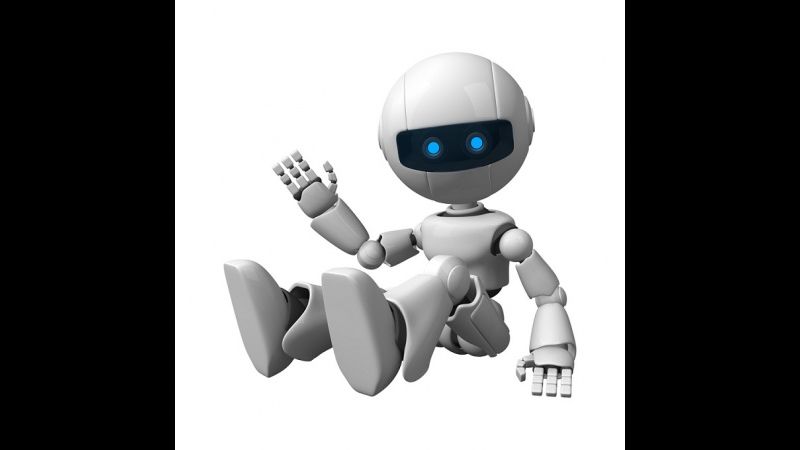If you consider yourself a fan of science fiction, then you probably have some pretty strong opinions about robots. No doubt you’ve seen one or two movies where the robot ultimately develops human intelligence and a pesky independent streak. A recent article in U.S. News and World Report suggests that if we can learn to trust our robot friends, they could bring us great help and comfort later in life.
The U.S. News article points to evolving research in the field of robotics that could ultimately have a huge impact on the world of eldercare. The job of caregiving is a demanding, emotionally taxing and—for some—round-the-clock commitment. Unlike their human counterparts, robot caregivers don’t require sleep, they don’t suffer from burnout and they can be programmed to act decisively and without emotion in the event of an emergency.
Robo-Doc
Robotic caregivers may seem like a thing of the distant future. However, the article in U.S. News points out that we already have come to rely on mechanical assistance in so many other walks of life. From manufacturing to surgical procedures, computer automated intelligence is increasingly permeating the human world. In spite of what your average sci-fi novel might suggests, the results have been fairly positive.
Take for example the Netherlands-based Smart Homes, a company that outfits private homes with programming and robotics aimed at assisting with everyday living. The programming is channeled through a mobile smart unit named Hector that can do everything from reminding you to take your medication to composing grocery lists. Though we are a long way from making such technology accessible to the average consumer, Smart Homes does show the tremendous promise that robotics may represent to the field of caregiving.
Does Not Compute?
In spite of all the things that technology can change, no advances are likely to fulfill the needs for compassion and warmth that only a human caregiver can provide. Even as our capabilities evolve and our innovations become more remarkable, researchers have found that many seniors would be reluctant to place their care in mechanical hands.
The U.S. News article points to Japan as a perfect example of this dilemma. Though Japan is likely among the most innovative societies with respect to the integration of humanity and robotics, a geriatric social worker from the University of Tokyo observes that most seniors do not see robot caregiving as desirable either for reasons of trust or practicality.
The Future of Caregiving
In spite of these objections, there is no doubt that robotic caregiving could substantially reduce both the cost and burden of human caregiving. As a complement to human caregiving, robotic assistance could become a single dimension of broader and more effective eldercare strategy. This is especially true in long-term care contexts where nursing staffs may be shorthanded or over-extended.
Ultimately, researchers believe that with continued research, we can create robotic caregivers capable of emulating human gestures and mannerisms. This, some say, will help to bridge the trust gap for many seniors.
In any event, we remain a few years removed from a time when such technology will be readily available to the everyday consumer. It may offer an exciting glimpse into the future of caregiving.

